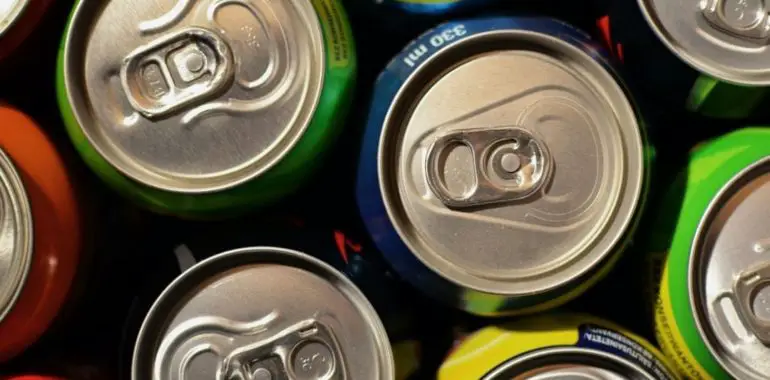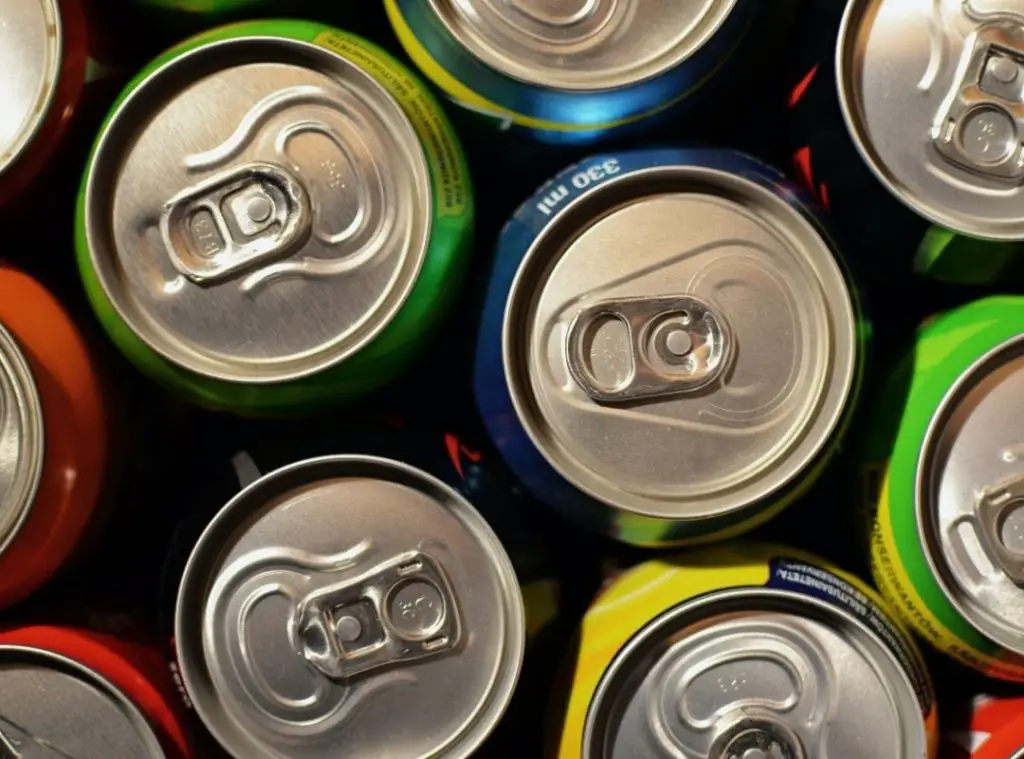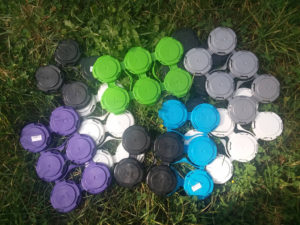Understanding Aluminum Can Recycling

Understanding Aluminum Can Recycling

Unlike many other “odd” types of materials, aluminum can recycling is generally pretty straightforward. Your state either has a bottle and can deposit, and you return your cans for a refund of that deposit, or else you put your cans in your curbside recycling. If you don’t have curbside recycling, it’s likely you can still find a local drop-off that will be happy to take aluminum soda and beer cans.
The Pros and Cons of Aluminum Can Recycling
Aluminum is often touted as being infinitely recyclable, which it is. It doesn’t rust like other types of metal and can be recycled over and over without degrading in quality at all (unlike plastic and paper).
And aluminum cans do have a better track record of actually being recycled than many other types of materials. Aluminum is recycled at about twice the rate of plastic and glass. This is probably because aluminum is the most valuable item in recycling streams and generates the most income for the recycling industry. Many Materials Recovery Facilities (MRFs) would likely not be able to operate without the income generated from aluminum cans.
Aluminum is not a perfect replacement for plastic though. Mining for virgin aluminum (bauxite) is very destructive and can create serious health problems for the people living nearby due to soil, air and water pollution. And the production of an average aluminum can, even at current recycling rates, creates about twice as many greenhouse gas emissions as a plastic bottle.
Are my aluminum cans really getting recycled?
If you are putting them in the appropriate bin or drop-off, then yes, they very likely are getting recycled back into new cans (which we can’t always say about plastic and glass). Aluminum cans are valuable, fairly easy to sort at the MRF, and easy to melt down and recycle into new cans or other products.
Can I make money off my aluminum cans?
Theoretically, yes. You’d need quite a few of them to make it worthwhile. Prices vary around the country and even from day to day, so you’ll need to call around to scrap metal yards to see where you can get the best price. The scrap yard nearest me is currently paying 35 cents per pound for aluminum cans. Some places will also give you better rates as you reach certain levels, like when you have at least 100 pounds.
Since it takes about 30-33 cans to make a pound, at the current rates in my location, each can will make me about 1 cent. You can do some math on how many cans you would need to make any money. If I set a goal that I wanted to be able to make $100, I would need to collect and store close to 10,000 cans. You can then figure out whether you can get access to that many cans, whether you have the space to store them and whether it is worth your time.
If you live in a state with bottle and can deposit laws, the price you can get is usually 5 or 10 cents per can, which makes it more profitable. I wish we had it in my state, but we don’t, and it’s illegal to cross state lines and take your bottles or cans from a non-bottle bill state into a bottle bill state and try to redeem the deposit (that you didn’t pay into). Meaning – if Kramer and Newman had actually made it, they probably would have gotten caught.
What if the can has a plastic or sticker label?
If you buy craft beer, you have likely come across some cans with plastic shrink-wrap labels or sticker labels on them rather than having the design and logo printed directly onto the can. Check out Do I Have to Remove Labels from Cans for Recycling?
What about aluminum foil and food trays?
Foil wrap and aluminum food trays are in a special category due to their shape and being made from different aluminum alloys than cans. See Can I Recycle Aluminum Foil?
What about those plastic 6-pack can carriers?

Do you end up with a bunch of these can holders and have no idea what to do with them? Most recycling programs won’t take them, but the company who makes them does offer a recycling option.
Check out How to Recycle Can Carriers (rigid plastic 6-pack rings).





Understanding what aluminum cans can and can’t be recycled is a really important thing for us to understand. We use products that are in aluminum cans quite often, and I feel like we should do our part to making sure they get reused properly to contribute to the environment. To make sure we make the right choices, I’ll show this article to my family before we take that load to an aluminum recycling center in the area.
https://www.guttermanironandmetal.com/aluminum-recycling
Thanks for also talking about how different places have different rates when it comes to the prices that are involved in aluminum recycling. I’m interested in looking for a good recycling facility because I plan to get my home decluttered soon. My garage will surely have a lot of metal materials what will have to be disposed of.
https://www.beartownrecycling.com/non-ferrous